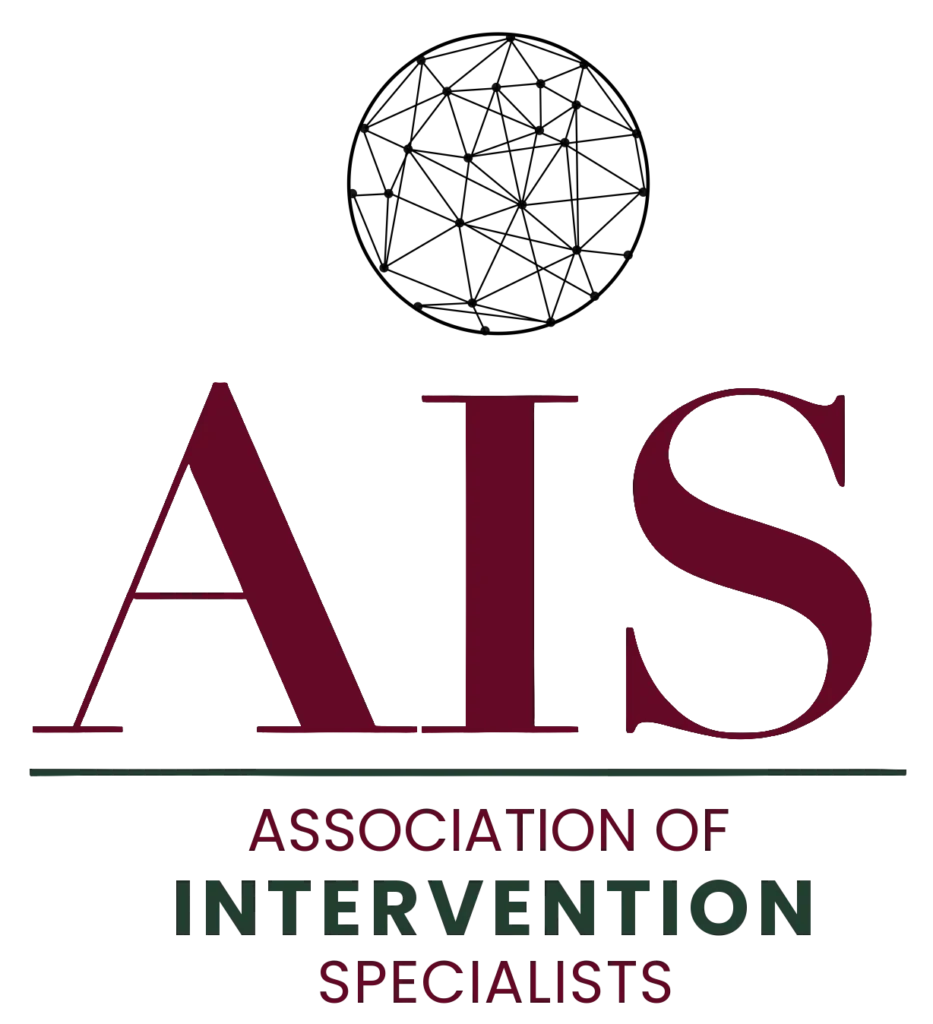Whether it is physical disease, addiction, or mental health issues, recovery is usually a very personal path. Still, one of the most potent agents of recovery is the encouragement of family members. Success in recovery can depend on their presence, support, and empathy. This post investigates why long-term happiness depends on family support and how it affects healing.
Family Support’s Strength: How Friends Can Affect Recovery
Emotional support and motivation.
Recovery might be long and arduous, often marked with periods of doubt and anger. Family members can offer emotional support and inspire people to continue moving. Knowing that loved ones are cheering on your success can help you keep going when slow progress feels. Emotional support is critical in raising morale, whether just a little encouragement or a shoulder to lean on.
Setting up a Safe and Encouraging surrounding
Particularly for individuals recovering from mental health problems or addiction, the living environment is significant in rehabilitation. A loving and noncritical family can help to build a calm environment by then interventionist where recovery can start. This setting encourages open debate, where the person feels free to speak about their victories and difficulties free of criticism. An individual’s attitude toward their recovery trip is greatly influenced by family members who listen, affirm emotions, and provide assistance as required.
Encouraging Good Habits and Regularity
Family support might include more than moral and emotional support; it can also include helpful assistance. Maintaining a well-balanced diet, working out, and keeping medical appointments are all examples of good habits that family members frequently support. The ability to create routines is beneficial for people getting over substance use problems or mental illness. Stability and a feeling of control, crucial in recovery, arise from regular, organized schedules.
More Responsibility
Accountability can be a great incentive when one is healing from an addiction or some other long-term ailment. With their rehabilitation goals, people can stay on target by family members offering the required support and check-ins. Family members frequently provide an essential support network for keeping sobriety or handling symptoms by reminding someone of their counselling sessions, assisting them in avoiding triggers or just being there to hold them accountable for their advancement.

Less anxiety and stress
During recovery, people often suffer stress and anxiety, which, if not properly handled, could slow progress. On the other hand, family support can greatly ease these symptoms by offering emotional steadiness and a sense of security. Reducing isolation—one of the most critical factors causing stress and depression in people recovering from mental disorders—is a loving family. Family members relieve mental stress usually associated with recovery by being sympathetic and empathetic.
The long-term consequences of support from family.
Though family support is vital in the first stages of recovery, its influence frequently goes beyond physical healing. Family members who continuously support patients during rehabilitation will significantly help with long-term success and mental health. People with close family bonds are more inclined to sustain their rehabilitation and have a better standard of living.
Final Words:
Family support is a priceless resource during recovery. Emotional strength, good practices, accountability, and stress reduction promote healing. Family members’ love, attention, and inspiration create a basis for permanent healing and good health. If you love someone or are on the road to healing, remember that family could be the most potent ally along this changing road.
FAQs
Does the Family support helps with the recovery process.
Encouragement, emotional stability, and a sense of belonging from family support give people motivation and less isolation during their recovery.
Can family members assist with physical rehabilitation?
Yes, family and friends can handle daily chores, doctor appointments, and physical care, letting the person concentrate on recovery.
In the recovery process, how does emotional support from family help?
Encouragement helps to lower anxiety and stress, so underpinning a positive attitude that is vital for physical and mental recovery from nowhere.
How can relatives manage their emotions when their loved one is recovering?
Family members need to seek help for their emotional stability through therapy, support communities, or honesty within the family.
Is there danger in family engagement after an injury?
While family support is usually beneficial, overinvolvement or enabling lousy behaviour can be detrimental. One must have balance and reasonable limits.
Families can help create a recovery-friendly atmosphere by offering support.
Families might establish sympathetic and safe surroundings by listening, offering honest help, and gently handling the individual as they negotiate the highs and lows of recovery.






